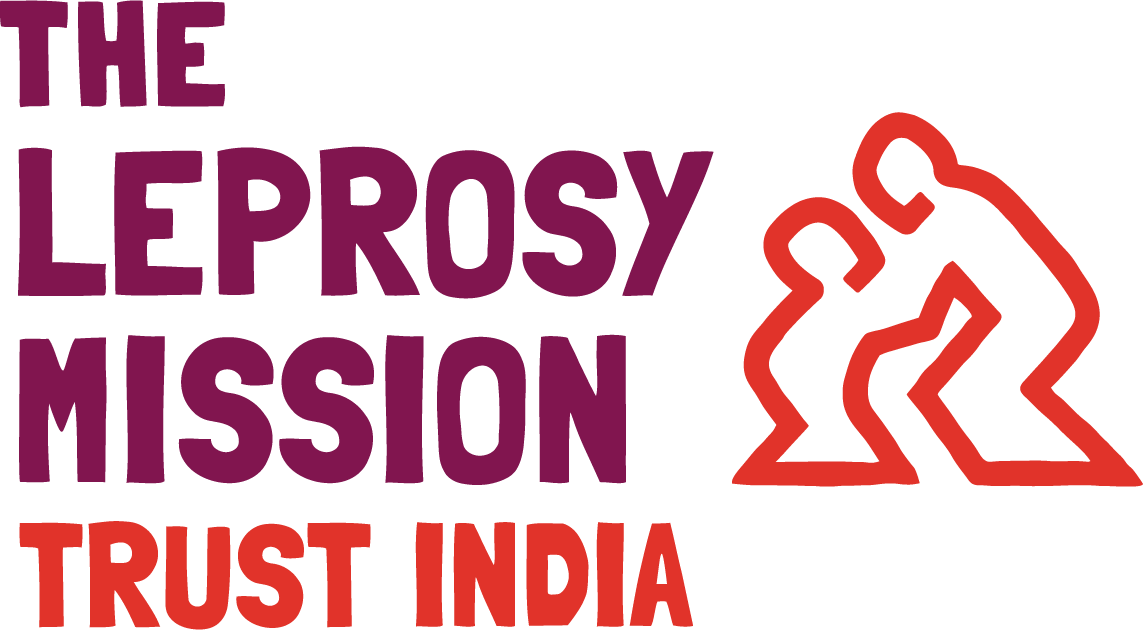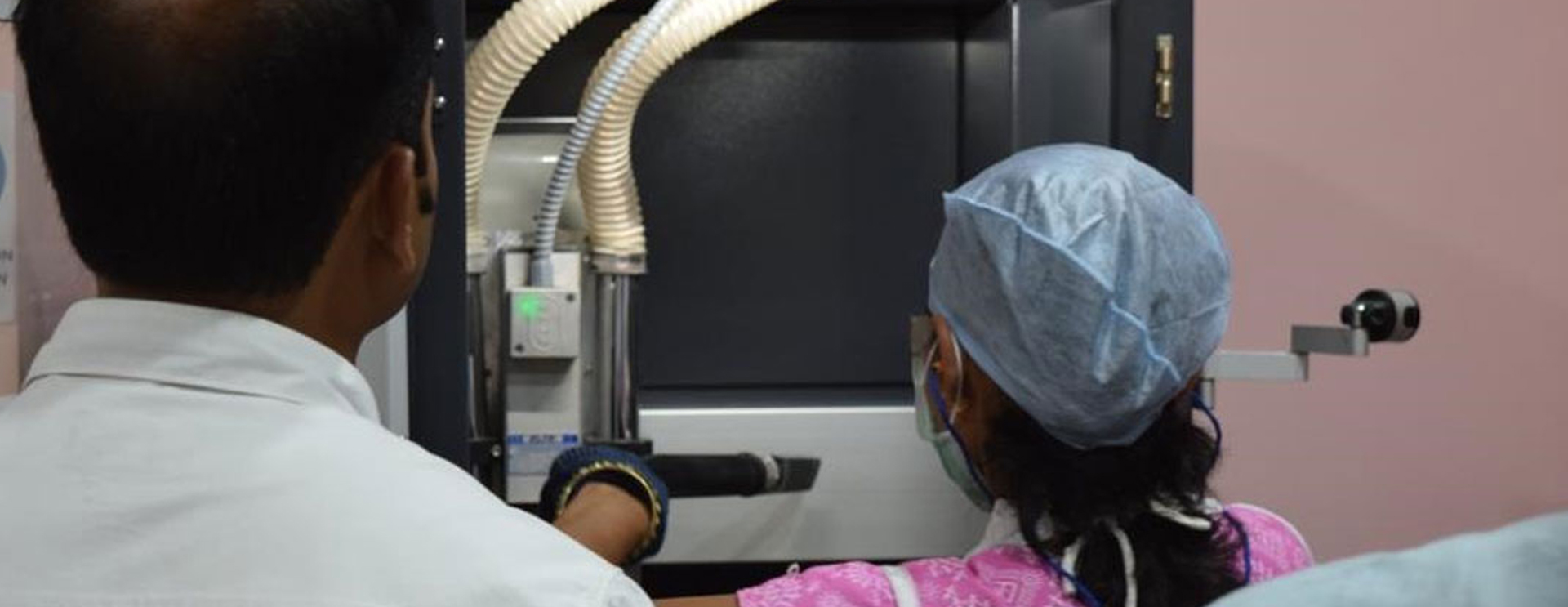Innovative Application of Technology
Customised protective footwear for people affected by leprosy
The Leprosy Mission Trust India (TLMTI), as part of its commitment to preventing disability in people affected by leprosy, is manufacturing customised, cost-competitive, protective footwear using 3D scanning technology with the help of funding from Google. This special protective footwear will help people affected by leprosy avoid harmful tissue breakdown and ulceration, as well as to maintain the ability to walk.
Specialised protective footwear is critical in preventing injuries and ulcers in people affected by leprosy, with anaesthetic feet and maintaining the ability to walk. The current handmade footwear, though protective, is stigmatising as it identifies the wearer as having leprosy. Manual shoemaking, as a skill, is giving way to a technology-based industry, and skilled manual shoemakers are hard to find.
In 2016, Google.org, the philanthropic arm of Google, the American multinational technology company specialising in Internet-related services and products, awarded the Google Impact Challenge: Disability, grant to TLMTI to pioneer 3D scanning and computer-aided design and manufacture (CAD/CAM) of customised protective footwear, in collaboration with Motivation India as knowledge partner, in Miraj, Maharashtra. The grant is part of Google’s initiative to support non-governmental organisations (NGOs) in empowering persons with disability, through technology.
The objective of the project is to increase mobility and reduce stigma for people with leprosy by creating high-fidelity, customised, cost-competitive footwear that avoids harmful tissue breakdown and ulceration and to maintain the ability to walk, using 3D scanning and CAD/CAM technologies.
Satellite footwear clinics in three TLMTI hospitals (TLM Miraj Hospital, in Maharashtra; TLM Muzaffarpur Hospital, in Bihar; and TLM Shahdara Hospital, in Delhi), scan the anaesthetic feet of people affected by leprosy and email the scans to the Central Fabrication Unit, in Miraj, Maharashtra, to manufacture customised insoles based on the scans. The insoles as such, or fitted to extra-depth footwear, are sent back to the hospital for supply to the clients. TLMTI plans to scale the technology to all its 15 hospitals and extend this service to people with diabetic and orthopaedic foot problems as well.
TLMTI is driving widespread use of 3D foot scans for customised protective footwear so that thousands prone to foot damage, lost livelihoods and stigma, can live normal and productive lives.
Innovative Application of Technology
Customised protective footwear for people affected by leprosy
The Leprosy Mission Trust India (TLMTI), as part of its commitment to preventing disability in people affected by leprosy, is manufacturing customised, cost-competitive, protective footwear using 3D scanning technology with the help of funding from Google. This special protective footwear will help people affected by leprosy avoid harmful tissue breakdown and ulceration, as well as to maintain the ability to walk.
Specialised protective footwear is critical in preventing injuries and ulcers in people affected by leprosy, with anaesthetic feet and maintaining the ability to walk. The current handmade footwear, though protective, is stigmatising as it identifies the wearer as having leprosy. Manual shoemaking, as a skill, is giving way to a technology-based industry, and skilled manual shoemakers are hard to find.
In 2016, Google.org, the philanthropic arm of Google, the American multinational technology company specialising in Internet-related services and products, awarded the Google Impact Challenge: Disability, grant to TLMTI to pioneer 3D scanning and computer-aided design and manufacture (CAD/CAM) of customised protective footwear, in collaboration with Motivation India as knowledge partner, in Miraj, Maharashtra. The grant is part of Google’s initiative to support non-governmental organisations (NGOs) in empowering persons with disability, through technology.
The objective of the project is to increase mobility and reduce stigma for people with leprosy by creating high-fidelity, customised, cost-competitive footwear that avoids harmful tissue breakdown and ulceration and to maintain the ability to walk, using 3D scanning and CAD/CAM technologies.
Satellite footwear clinics in three TLMTI hospitals (TLM Miraj Hospital, in Maharashtra; TLM Muzaffarpur Hospital, in Bihar; and TLM Shahdara Hospital, in Delhi), scan the anaesthetic feet of people affected by leprosy and email the scans to the Central Fabrication Unit, in Miraj, Maharashtra, to manufacture customised insoles based on the scans. The insoles as such, or fitted to extra-depth footwear, are sent back to the hospital for supply to the clients. TLMTI plans to scale the technology to all its 15 hospitals and extend this service to people with diabetic and orthopaedic foot problems as well.
TLMTI is driving widespread use of 3D foot scans for customised protective footwear so that thousands prone to foot damage, lost livelihoods and stigma, can live normal and productive lives.


